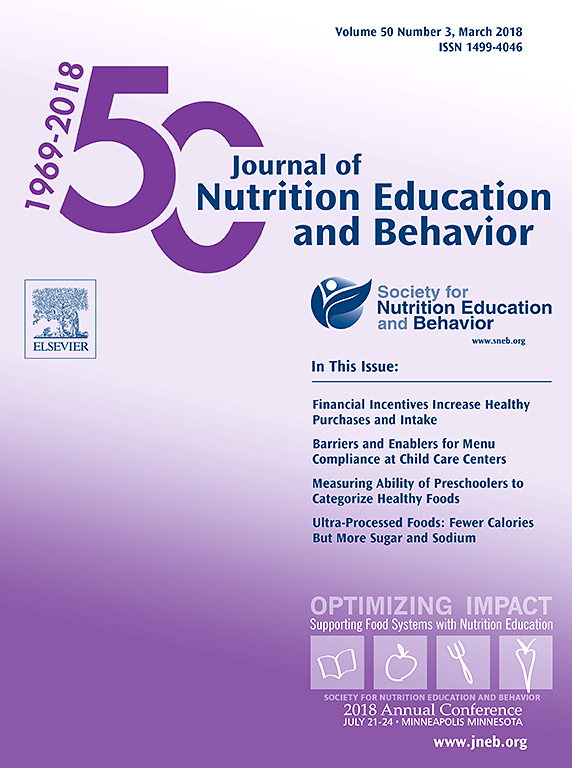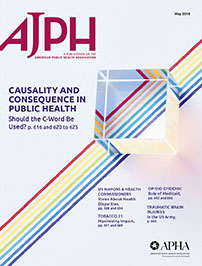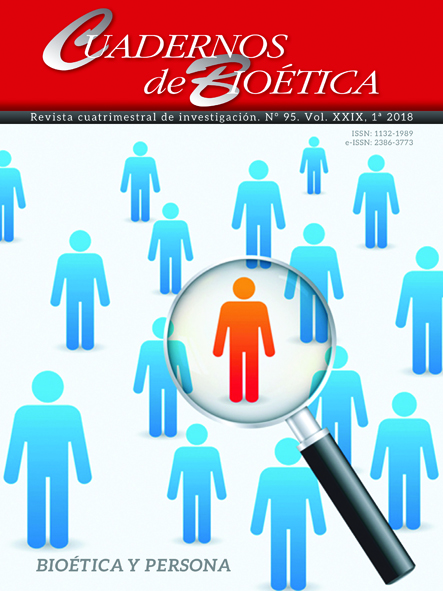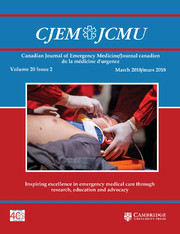 Does incorporating gardens and their harvest into school-based nutrition programs help children get healthier? A 2017 paper claims it does, but a group of outside experts disagrees — strongly.
Does incorporating gardens and their harvest into school-based nutrition programs help children get healthier? A 2017 paper claims it does, but a group of outside experts disagrees — strongly.
The 2017 paper reported that adding gardens to schools and teaching kids how to cook the harvest, among other elements, helped kids learn about nutrition — and even improved their body mass index, a measure of body weight.
However, soon after the paper appeared, a group of outside experts told the journal the data reported by the paper didn’t support its conclusions — namely, the authors hadn’t shown that the intervention had any effect. The authors performed an inappropriate analysis of the data, the critics claimed, and the paper needed to be either corrected or retracted outright.
But the Journal of Nutrition Education and Behavior has not amended the paper in any way. Instead, last month, it published the outside experts’ criticism of the paper, including their explicit calls to either correct or retract it, along with the authors’ response to the critics.
David Allison, the last author on the critical letter and the dean of the school of public health at Indiana University Bloomington, said he was surprised to see the journal chose to publish his critical letter, but not alter the paper itself:
Continue reading Nutrition paper claims intervention cuts child obesity. Experts disagree.

 Last April, the
Last April, the 
 Here’s something we don’t see that often — authors retracting one of their articles because it included new data.
Here’s something we don’t see that often — authors retracting one of their articles because it included new data.

